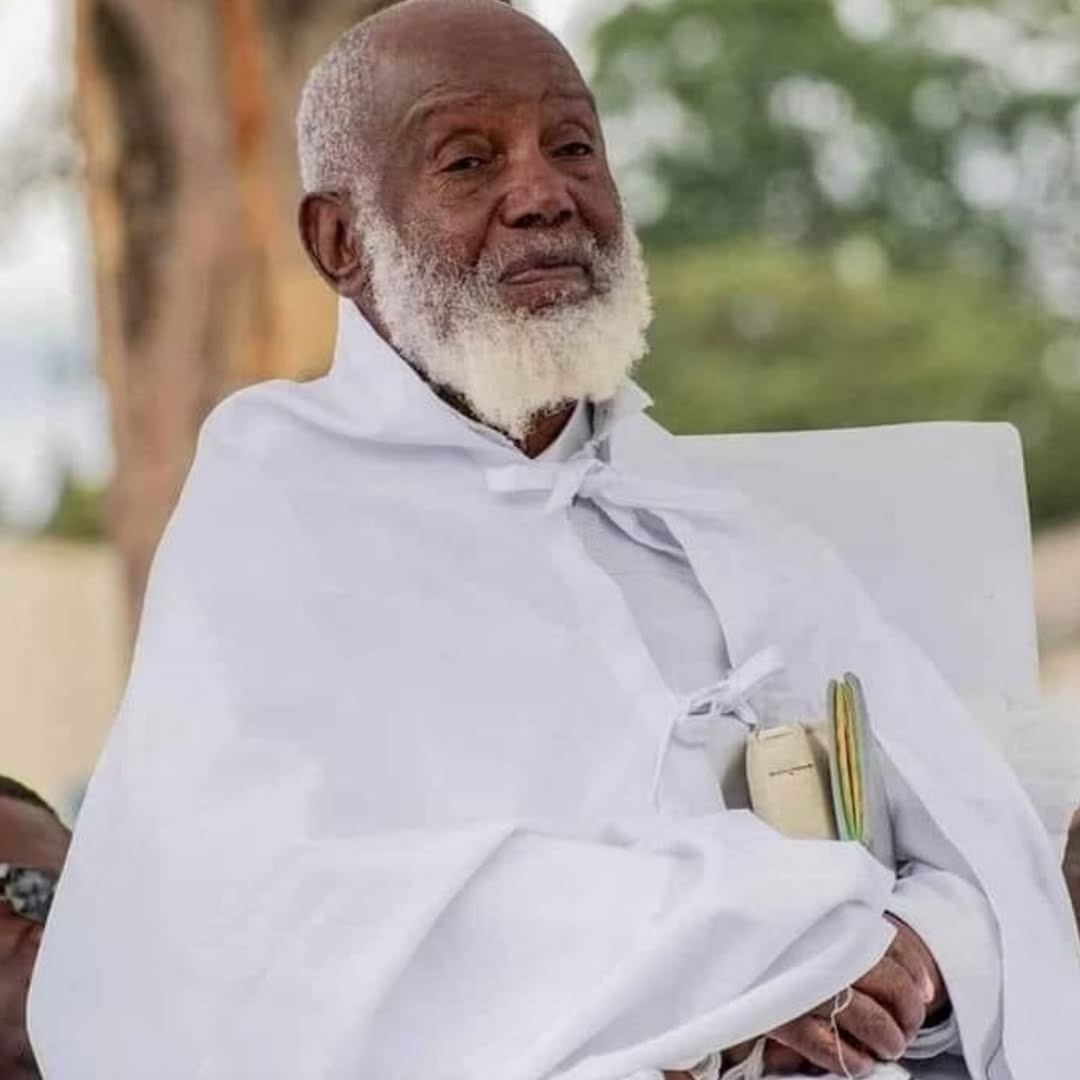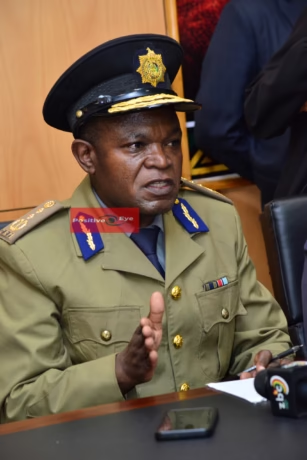
President Emmerson Mnangagwa has declared Paul Mwazha a national hero, a move that has sparked admiration across Zimbabwean society. While the process of declaring heroes is often questioned, this decision resonates widely, not merely because Mwazha was a Christian, but because of his extraordinary contribution to moral guidance and community building. His life stands as a testament to the power of personal integrity and the societal impact of living by strong principles.
Paul Mwazha’s legacy is one of instilling morality, dignity, and responsibility in communities. In a world where religion can be misused by opportunists, Mwazha represents a genuine leader whose life can be emulated regardless of one’s faith. His teachings reached beyond Christianity, touching the hearts of people who valued ethical living, discipline, and community cohesion. Those who follow his path have been shaped by a philosophy that marries spiritual guidance with practical societal values.
The late prophet’s influence was evident from the earliest interactions of his followers. For many, like the writer’s cousin, Baba vaAmbition, Mwazha’s teachings were not only spiritually uplifting but also culturally affirming. His church, prominently featuring “Africa” in its name, emphasised African identity, dignity, and values, reinforcing a pan-Africanist approach to religion. Mwazha believed that spirituality and culture could coexist, and that moral guidance could strengthen the fabric of society.
Yet even heroes are human, and Mwazha’s legacy has not been without complications. The recent split of his church due to disputes among his sons highlights the challenges of succession in spiritual institutions. Mwazha’s example shows that even great leaders can make structural misjudgments. A church, he demonstrated through his life, should belong to its people and principles, not simply to a family line. Leadership, he suggested through his teachings, should be grounded in calling, discipline, and service rather than inheritance.
Despite these setbacks, the broader impact of Paul Mwazha’s life remains monumental. He shaped communities, upheld morals, and instilled values that strengthened the social fabric. His record reflects a lifetime dedicated to nurturing human character, guiding youth, and influencing society positively. It is a legacy that transcends declarations of state recognition; he was already a hero through the lives he touched and the principles he championed.
In remembering Paul Mwazha, Zimbabweans are called to see beyond minor controversies and celebrate the larger narrative of a man who dedicated his life to societal good. His teachings on morality, discipline, and African identity continue to resonate, serving as a blueprint for both spiritual and civic leadership.
May the soul of Paul Mwazha rest in peace, and may his contributions to morality, African identity, and community life remain a guiding light for generations to come




